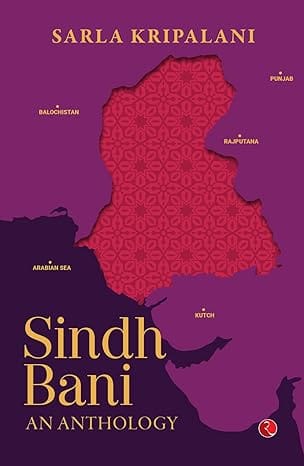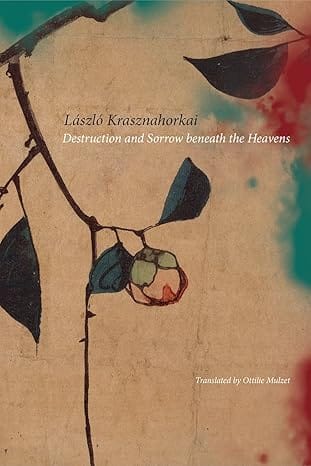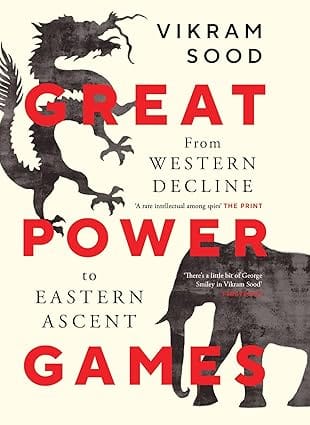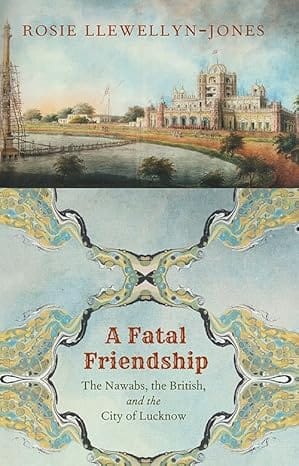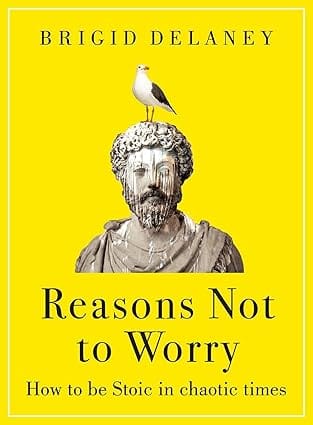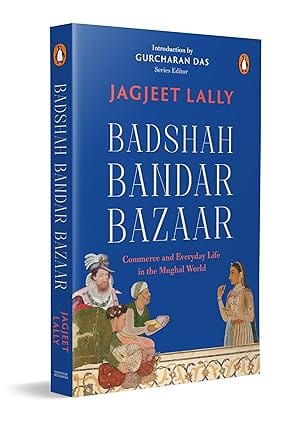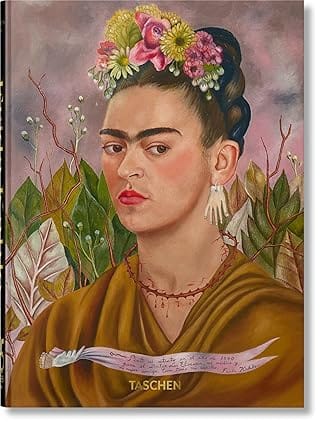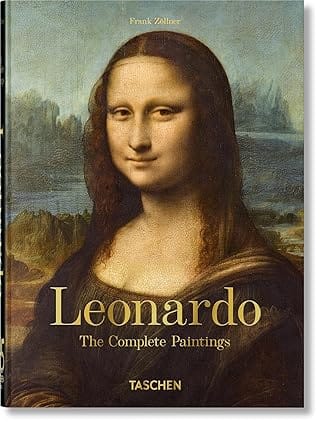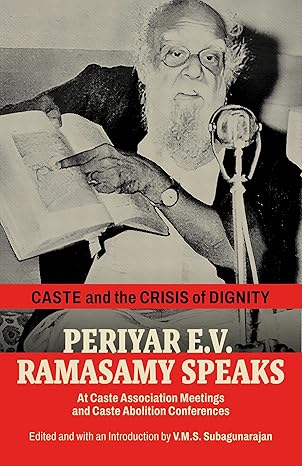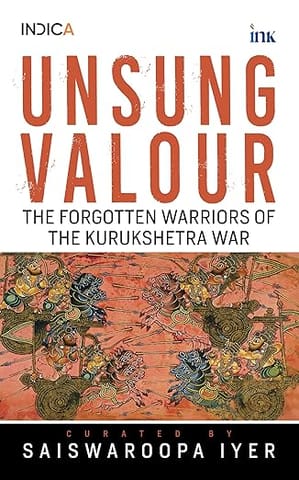WELCOME TO MIDLAND BOOK SHOP!
SHOP FOR
- Non-ficton
- Non-ficton
- Contemporary Fiction
- Contemporary Fiction
- Children
- Children
- Comics & Graphic Novels
- Comics & Graphic Novels
- Non-Fiction
- Non-Fiction
- Fiction
- Fiction
Shop No.20, Aurobindo Palace Market, Hauz Khas, Near Church +91 9818282497 | 011 26867121 110016 New Delhi IN
Midland The Book Shop ™
Shop No.20, Aurobindo Palace Market, Hauz Khas, Near Church +91 9818282497 | 011 26867121 New Delhi, IN
+919871604786 https://www.midlandbookshop.com/s/607fe93d7eafcac1f2c73ea4/677cda367903fd013d69b606/without-tag-line-480x480.png" [email protected]9789370036390 68b6ddf2e9b4d244d59f91e2 Sindh Bani An Anthology https://www.midlandbookshop.com/s/607fe93d7eafcac1f2c73ea4/68b6ddf3e9b4d244d59f91f1/61jbg65bg-l-_sy466_.jpg 9789370036390
Sindh Bani is a poignant and compelling anthology capturing life in Sindh before the region was severed from India at the time of Partition.
Who was Dewan Dialmal Doulatram, who foresaw the Partition as early as 1934? How does the story of the fragrant banknotes from a nautch girl unfold? The first part of the book features delightful and evocative stories from the author Sarla Kripalani’s childhood—of her family and friends, of bonding and betrayals, of honour and dishonour.
Why did the Pirs come to Sindh, and the Mirs run away? Aaya Pir, Bhagga Mir and Other Sindhi Proverbs, the second section, is a lively compilation of proverbs that captures the wit and wisdom of Sindhis. Collected by Sarla over many years, these were passed down from her mother, Guli, and her mother-in-law, Sarsati. To ensure younger generations can understand them, each proverb is presented in both Sindhi and Hindi scripts, alongside its English equivalent—bridging cultures and revealing timeless, shared truths.
What secrets and burdens did the Sindhworki apprentices silently carry? The third part is Sarla’s remarkable translation of T.K. Mirchandani’s Sindhi book, which uncovers the famed Sindhworki apprenticeship system instituted by the Sethias—a practice that built global fortunes but extracted a heavy, yet often unacknowledged, human cost.
Sindh Bani is a treasure trove for anyone seeking to rediscover the heart and soul of Sindh.
Who was Dewan Dialmal Doulatram, who foresaw the Partition as early as 1934? How does the story of the fragrant banknotes from a nautch girl unfold? The first part of the book features delightful and evocative stories from the author Sarla Kripalani’s childhood—of her family and friends, of bonding and betrayals, of honour and dishonour.
Why did the Pirs come to Sindh, and the Mirs run away? Aaya Pir, Bhagga Mir and Other Sindhi Proverbs, the second section, is a lively compilation of proverbs that captures the wit and wisdom of Sindhis. Collected by Sarla over many years, these were passed down from her mother, Guli, and her mother-in-law, Sarsati. To ensure younger generations can understand them, each proverb is presented in both Sindhi and Hindi scripts, alongside its English equivalent—bridging cultures and revealing timeless, shared truths.
What secrets and burdens did the Sindhworki apprentices silently carry? The third part is Sarla’s remarkable translation of T.K. Mirchandani’s Sindhi book, which uncovers the famed Sindhworki apprenticeship system instituted by the Sethias—a practice that built global fortunes but extracted a heavy, yet often unacknowledged, human cost.
Sindh Bani is a treasure trove for anyone seeking to rediscover the heart and soul of Sindh.
About the Author
Sarla Kripalani was born in Karachi in 1930, a gentlewoman of Sindh and a lifelong custodian of its culture and memory. Educated at a convent school under the care of Irish nuns, she grew up in a world that was soon to be irrevocably changed. In 1946, on the cusp of the Partition of India, Sarla was sent to Indore to live in safety with her grandmother. There, she completed her Bachelor of Arts and married in 1952, returning to a Pakistan newly severed from India.
In December 1963, Sarla and her family escaped from Pakistan and settled in Mumbai. She was the beloved wife of a doctor, a devoted mother and the gracious matriarch who bound her extended family together with warmth and wisdom.
Sarla’s hands were never idle. She brought her innate creativity to life through painting, embroidery, cooking and, above all, writing. Throughout her life, she remembered Sindh—the land, its stories and its spirit—and recorded her recollections with tenderness and insight.
A storehouse of memory and tradition, Sarla Kripalani remains a voice of love, longing and luminous storytelling from a land that was once her own.
In December 1963, Sarla and her family escaped from Pakistan and settled in Mumbai. She was the beloved wife of a doctor, a devoted mother and the gracious matriarch who bound her extended family together with warmth and wisdom.
Sarla’s hands were never idle. She brought her innate creativity to life through painting, embroidery, cooking and, above all, writing. Throughout her life, she remembered Sindh—the land, its stories and its spirit—and recorded her recollections with tenderness and insight.
A storehouse of memory and tradition, Sarla Kripalani remains a voice of love, longing and luminous storytelling from a land that was once her own.
in stockINR 556
1 1
Email ID already exists!
Your Current password is incorrect
Password Updated Successfully
Thanks for your Feedback
Sindh Bani An Anthology
ISBN: 9789370036390
₹556
₹695 (20% OFF)SIZE GUIDE
Sold By: Hauz Khas - Aurobindo Market
Details
- ISBN: 9789370036390
- Author: Sarla Kripalani
- Publisher: Rupa
- Pages: 304
- Format: Paperback
Book Description
Sindh Bani is a poignant and compelling anthology capturing life in Sindh before the region was severed from India at the time of Partition.
Who was Dewan Dialmal Doulatram, who foresaw the Partition as early as 1934? How does the story of the fragrant banknotes from a nautch girl unfold? The first part of the book features delightful and evocative stories from the author Sarla Kripalani’s childhood—of her family and friends, of bonding and betrayals, of honour and dishonour.
Why did the Pirs come to Sindh, and the Mirs run away? Aaya Pir, Bhagga Mir and Other Sindhi Proverbs, the second section, is a lively compilation of proverbs that captures the wit and wisdom of Sindhis. Collected by Sarla over many years, these were passed down from her mother, Guli, and her mother-in-law, Sarsati. To ensure younger generations can understand them, each proverb is presented in both Sindhi and Hindi scripts, alongside its English equivalent—bridging cultures and revealing timeless, shared truths.
What secrets and burdens did the Sindhworki apprentices silently carry? The third part is Sarla’s remarkable translation of T.K. Mirchandani’s Sindhi book, which uncovers the famed Sindhworki apprenticeship system instituted by the Sethias—a practice that built global fortunes but extracted a heavy, yet often unacknowledged, human cost.
Sindh Bani is a treasure trove for anyone seeking to rediscover the heart and soul of Sindh.
Who was Dewan Dialmal Doulatram, who foresaw the Partition as early as 1934? How does the story of the fragrant banknotes from a nautch girl unfold? The first part of the book features delightful and evocative stories from the author Sarla Kripalani’s childhood—of her family and friends, of bonding and betrayals, of honour and dishonour.
Why did the Pirs come to Sindh, and the Mirs run away? Aaya Pir, Bhagga Mir and Other Sindhi Proverbs, the second section, is a lively compilation of proverbs that captures the wit and wisdom of Sindhis. Collected by Sarla over many years, these were passed down from her mother, Guli, and her mother-in-law, Sarsati. To ensure younger generations can understand them, each proverb is presented in both Sindhi and Hindi scripts, alongside its English equivalent—bridging cultures and revealing timeless, shared truths.
What secrets and burdens did the Sindhworki apprentices silently carry? The third part is Sarla’s remarkable translation of T.K. Mirchandani’s Sindhi book, which uncovers the famed Sindhworki apprenticeship system instituted by the Sethias—a practice that built global fortunes but extracted a heavy, yet often unacknowledged, human cost.
Sindh Bani is a treasure trove for anyone seeking to rediscover the heart and soul of Sindh.
About the Author
Sarla Kripalani was born in Karachi in 1930, a gentlewoman of Sindh and a lifelong custodian of its culture and memory. Educated at a convent school under the care of Irish nuns, she grew up in a world that was soon to be irrevocably changed. In 1946, on the cusp of the Partition of India, Sarla was sent to Indore to live in safety with her grandmother. There, she completed her Bachelor of Arts and married in 1952, returning to a Pakistan newly severed from India.
In December 1963, Sarla and her family escaped from Pakistan and settled in Mumbai. She was the beloved wife of a doctor, a devoted mother and the gracious matriarch who bound her extended family together with warmth and wisdom.
Sarla’s hands were never idle. She brought her innate creativity to life through painting, embroidery, cooking and, above all, writing. Throughout her life, she remembered Sindh—the land, its stories and its spirit—and recorded her recollections with tenderness and insight.
A storehouse of memory and tradition, Sarla Kripalani remains a voice of love, longing and luminous storytelling from a land that was once her own.
In December 1963, Sarla and her family escaped from Pakistan and settled in Mumbai. She was the beloved wife of a doctor, a devoted mother and the gracious matriarch who bound her extended family together with warmth and wisdom.
Sarla’s hands were never idle. She brought her innate creativity to life through painting, embroidery, cooking and, above all, writing. Throughout her life, she remembered Sindh—the land, its stories and its spirit—and recorded her recollections with tenderness and insight.
A storehouse of memory and tradition, Sarla Kripalani remains a voice of love, longing and luminous storytelling from a land that was once her own.
User reviews
NEWSLETTER
Subscribe to get Email Updates!
Thanks for subscribing.
Your response has been recorded.

India's Iconic & Independent Book Store offering a vast selection of books across a variety of genres Since 1978.
"We Believe In The Power of Books" Our mission is to make books accessible to everyone, and to cultivate a culture of reading and learning. We strive to provide a wide range of books, from classic literature, sci-fi and fantasy, to graphic novels, biographies and self-help books, so that everyone can find something to read.
Whether you’re looking for your next great read, a gift for someone special, or just browsing, Midland is here to make your book-buying experience easy and enjoyable.
We are shipping pan India and across the world.
For Bulk Order / Corporate Gifting
 +91 9818282497 |
+91 9818282497 |  [email protected]
[email protected]
Click To Know More
INFORMATION
QUICK LINKS
ADDRESS
Midland Book Shop - Hauz Khas
Shop No.20, Aurobindo Palace Market, Near Church, New Delhi
Shop No.20, Aurobindo Palace Market, Near Church, New Delhi

